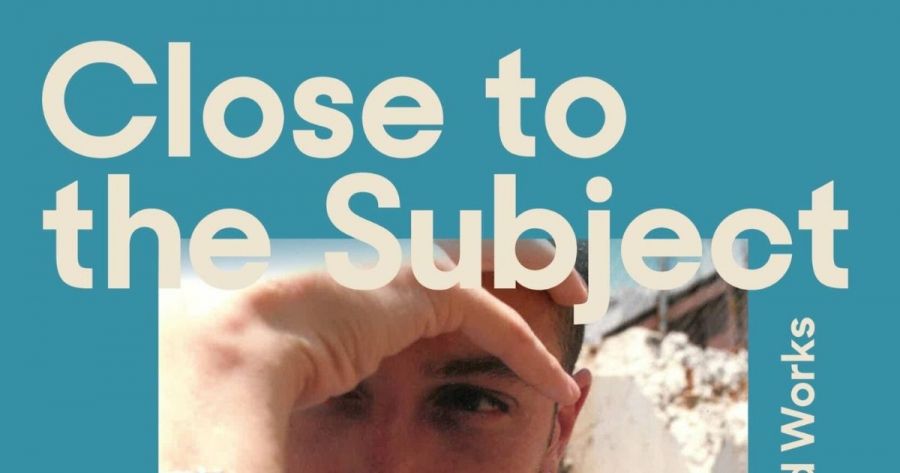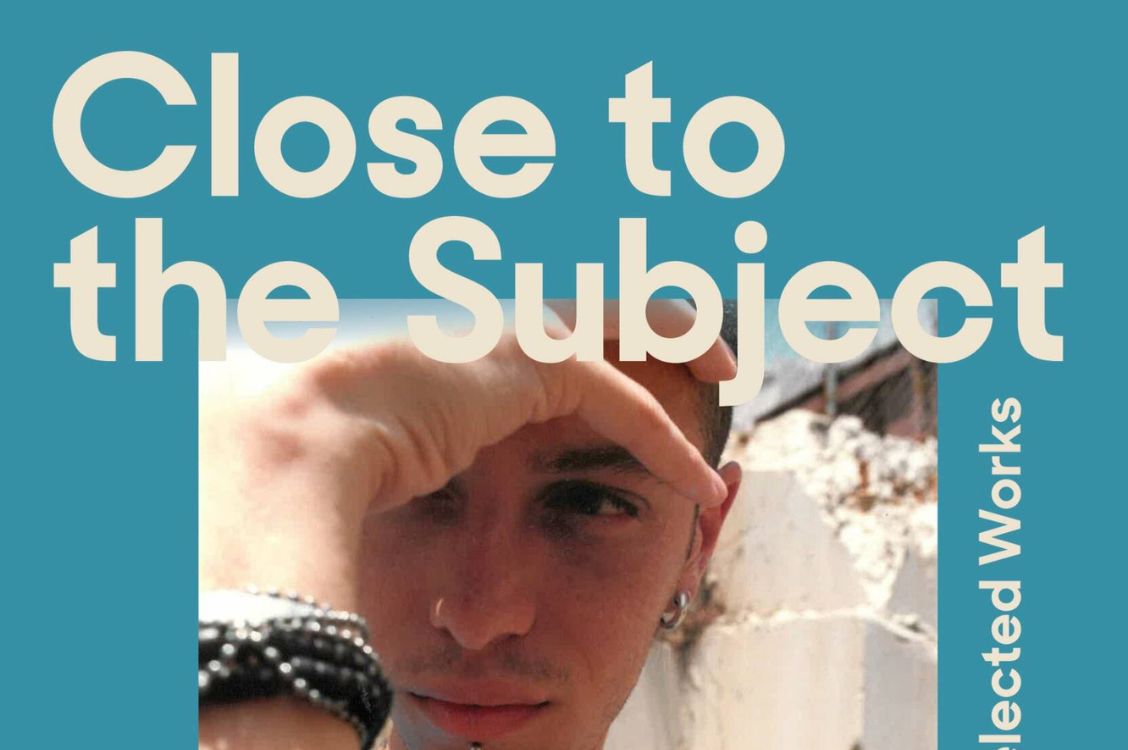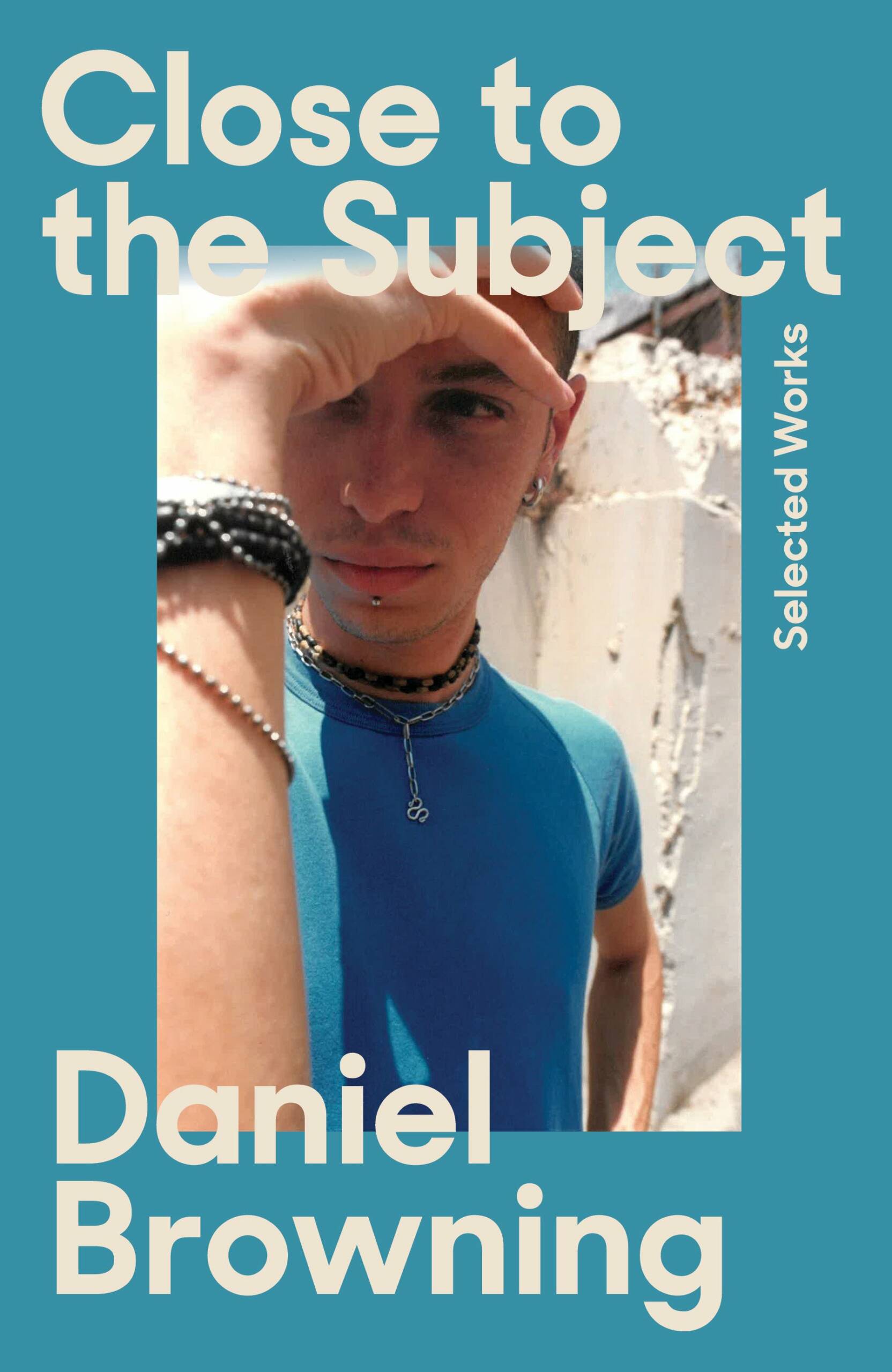
- Free Article: No
- Contents Category: Anthology
- Review Article: Yes
- Article Title: Art and identity
- Article Subtitle: Conflicted times at the ABC
- Online Only: No
- Custom Highlight Text:
The vibrant state of Aboriginal intellectual life is immediately evident upon reading Melissa Lucashenko’s foreword and Daniel Browning’s introduction to his Close to the Subject: Selected works. Lucashenko combines insight with an engaging, colloquial style; Browning, without apology or artifice, weighs up the successes, failures, and resentments of almost three decades as a journalist.
- Featured Image (400px * 250px):

- Alt Tag (Featured Image): Philip Morrissey reviews 'Close to the Subject: Selected works' by Daniel Browning
- Book 1 Title: Close to the Subject
- Book 1 Subtitle: Selected works
- Book 1 Biblio: Magabala Books, $34.99 pb, 362 pp
- Book 1 Cover Small (400 x 600):

- Book 1 Cover (800 x 1200):

The force and honesty of his introduction does ensure that his voice resonates throughout Close to the Subject’s diverse content and provides a unity in what might otherwise have been a difficult read. In addition to his work as journalist, Browning has a profound knowledge and commitment to First Nations visual art. This is in evidence in his review of ‘hand in hand: Sexy and Dangerous’, a cross-cultural exhibition of work by First Nations artists from Australia and the Pacific curated as part of the Sydney Gay and Lesbian Mardi Gras. There is a specific appreciation of works by artists as diverse as Tracey Moffatt and Darrell Sibosado, and a broader critique of the exhibition’s conception and success in realising its aims. In discussions with artist Vernon Ah Kee on the requirements for a First Nations art criticism Browning argues that ‘an [Indigenous] artist who reckons with colonialism, institutional racism, or ethnocide, articulating their lived experience of Aboriginality in terms of deficit and loss, is functionally no different to those artists who paint their jukurrpa’. He doesn’t resile from pointing out the challenge this poses for artists with tenuous connections to Aboriginality but for whom Aboriginality is part of their cultural capital.
For those of us who know him only as a journalist and critic, Browning’s poetry will come as a pleasant surprise. ‘Stuck’ is a post-mortem of the aftermath of an incendiary relationship. ‘Disguise’ is an extended poetic narrative on the disruption of a rugby match between the Australian Wallabies and the South African Springboks when the Burgmann sisters Verity and Meredith (in disguise) invaded the field as an Apartheid protest in 1971. ‘Brigid the Bone’ is a minimalist drama written for St Brigid’s Day in 2020. Convened under the auspices of the Irish Consulate, St Brigid’s Day is an annual celebration for Australian women who claim Irish heritage. As well as being a patron saint of Ireland, St Brigid was popularly believed to be the patron saint of children born outside wedlock and has now morphed into a feminist icon. Superb in its precision and austerity, the drama includes interior monologues, legal statements, newspaper reports, and Gaelic. Bessie and Henry Curran are two nineteenth-century Irish immigrants. Henry leaves his family for a younger woman and starts a new life in San Francisco. Bessie’s and her daughter Ann’s monologues are interspersed with prayers to St Brigid. Years later, another of Bessie’s daughters reflects that she is the end of the family line. It’s true there are numerous descendants of Henry and Bessie, but once family members drift away from the folk piety and culture of Irish Catholicism their connection with their ancestors, and to an extent each other, disappears. One wonders if its performance gave the St Brigid’s Day attendees pause for thought.
Browning’s essays are impressionistic. One of the most effective is ‘Shrewdly Innocent’. He reflects on the invasion and trashing of his psyche by an ‘emotional thief’, then on a foreign virus that has silently colonised his body, entering through ‘the point of a needle’. Browning confesses that he has spent too much time ‘thinking about what I am, not who am I’. This intertwines with his family’s preparation of a Native Title claim and the blinkered, colonial nature of the process. Although that was a disheartening experience for him, a gospel verse gifted by his grandmother when he was leaving home to commence an Arts/Law degree in Canberra reminds Browning who he is: ‘No anthropologist needed, no burden of proof. I’m a son, a brother, an uncle. An ancestor waiting to be born.’ This enduring cultural debt to women in his family is aptly summed up in the poem ‘Phalanx (Woman’s Work)’:
Granny Hannah didn’t have a tribal name.
No totem either
We think of paucity
What they didn’t
When we owe them the air that we breathe.


Comments powered by CComment